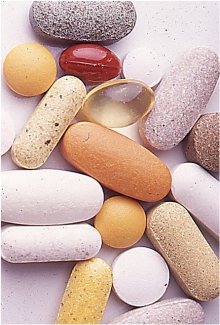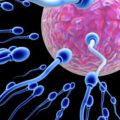
A meta-study appearing in the journal Pharmacological Research suggests that antioxidants may be the key to overcoming a number of reproductive problems, including sub-fertility and erectile dysfunction. The report notes that previous studies on the potential for antioxidants to help address reproductive issues have been inconclusive, but that other data indicates nutritional therapies may have significant potential.
“If oxidative stress is an underlying factor causing infertility, which we think the evidence points to, we should be able to do something about it,” explained Tory Hagen, from Oregon State University. “Laboratory and in-vitro studies have been very promising, especially with some newer antioxidants such as lipoic acid that have received much less attention.”
Hagen and co-author Francesco Visioli, from the Madrid Institute for Advanced Studies, say much evidence points to inadequate production of nitric oxide, an agent that relaxes and dilates blood vessels. This is often caused, in turn, by free radicals that destroy nitric oxide and reduce its function. Antioxidants can help control free radicals. Aging, which is often associated with erectile dysfunction problems, they add, is also a time when nitric oxide synthesis begins to falter. And infertility problems in general are increasing, scientists say, as more people delay having children until older ages.
As many as 50 percent of conceptions fail and about 20 percent of clinical pregnancies end in miscarriage, the researchers note. Both male and female reproductive dysfunction is believed to contribute to this high level of reproductive failure, but few real causes have been identified. “Some people and physicians are already using antioxidants to help with fertility problems, but we don’t have the real scientific evidence yet to prove its efficacy,” Hagen said. “It’s time to change that.”
Appropriate studies need to be done on the claims surrounding antioxidants and polyphenols, adds Visioli. “There’s a large market of plant-based supplements that requires hard data. Most claims are not backed by human trials.”
Related:
Plastics workers risk impotence, ejaculation difficulties
Aphrodisiac plants put under the microscope
Hard evidence on cannabis use and erectile dysfunction













![[12 Bottles] Prime Hydration UFC 300 Drink with Antioxidants + Electrolytes,... picture](/store/img/F0AAAOSwYItl9Pf0/s-l225//-12-Bottles-Prime-Hydration-UFC-300-Drink-with-Ant.jpg)




Comments are closed.